Si Quey Sae-Ung was returned today to the same place he was shot to death by a firing squad 61 years ago.
Executed for murdering children and eating their organs, Thailand’s infamous “cannibal killer” and bogeyman to generations of children was laid to rest at a temple next to the Bang Kwang prison in northwest metro Bangkok in the wake of doubts about the extent of his crimes.
At his funeral and cremation were corrections officials and medical workers from Siriraj Hospital, where Si Quey, also styled as Si Ouey, spent the last 61 years slumped against the glass wall of a display case at a medical museum unofficially named after him. Also on hand to pay their respects at Wat Bang Phraek Tai were dozens of residents who traveled from Prachaup Kiri Khan’s Tab Sakae district, where he had once lived.
“I saw him before, when he was alive. We were neighbors, and although he couldn’t speak Thai at all, he seemed like a decent man,” said 83-year-old Wipa Kitichotekul, who departed Tab Sakae early in the morning to attend the funeral.
She, like others from the community, said she is certain of his innocence.
“I prayed for him to go to heaven,” Wipa said.

Monks chanted and Buddhist rituals observed next to the temple’s crematorium, where Si Quey rested in a closed white coffin. Next to it, brightly colored joss paper to be burned to honor him spoke to his Chinese origins.
Regarding the warning many Thai parents have delivered to generations of misbehaving children – Si Quey will eat your liver! – Wannapa Thongchin, a 68-year-old retired teacher from Tab Sakae, said she is living counterevidence, as she was about the age of his alleged victims.
“Growing up, my mom never said that Si Quey would eat my liver. She only told me that Si Quey was innocent, and a good guy from our hometown,” Wannapa told Coconuts Bangkok.
Thai ‘cannibal killer’ to be unboxed, given proper funeral
A Corrections Department official said his ashes would remain at the temple.
In or around 1927 – his age is disputed – Si Quey was born in the southeastern city of Shantou. Along with many others, he migrated to Thailand in 1946. He briefly worked in Tab Sakae as a laborer.
It was 1958 when a young boy in the eastern province of Rayong went out for produce and disappeared. His father tracked him to Si Quey’s ramshackle shop, where he found him preparing to burn his son’s body. Several organs were missing.
Over the years, a number of other children had been killed and reportedly had their organs removed in several provinces including Prachuap Kiri Khan, Nakhon Pathom and Bangkok.
But in the early Cold War climate of anti-communism, Chinese migrants like Si Quey were viewed suspiciously, and the boy’s murder soon led to lurid, xenophobic tabloid stories that he not only killed them all, but ate their organs to gain supernatural powers.
Si Quey, who could not speak Thai, was said to have confessed to it all. He entered a guilty plea at his trial, which in Thailand will usually avoid a death sentence. The prosecution challenged that, and Si Quey reportedly fainted upon learning he was to die. He was executed at Bang Kwang in 1959.
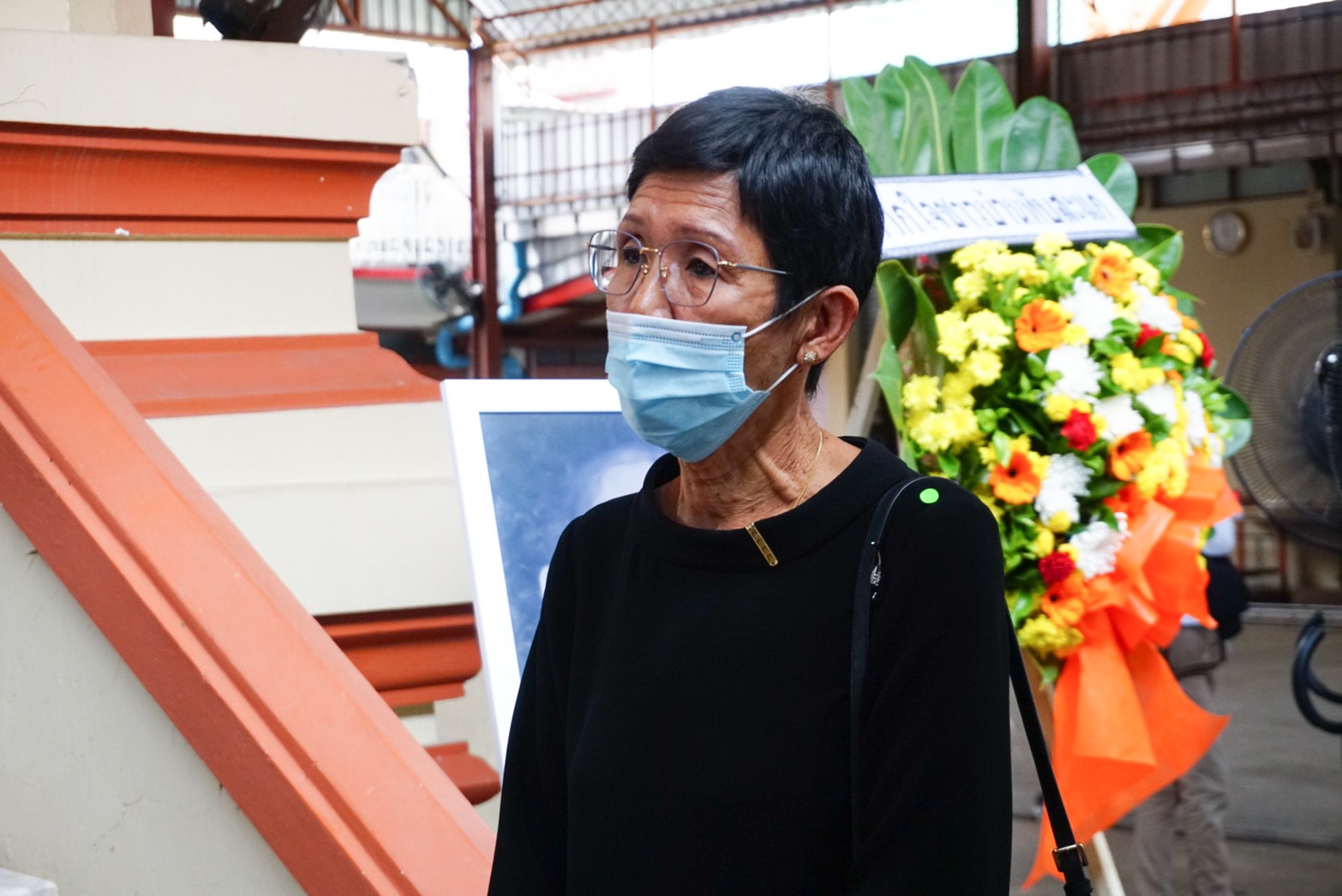
Human Rights Activist Angkhana Neelapaijit, who attended the ceremony, said justice was done today.
“It all happened so fast, just one year,” she said, referring to a flurry of renewed interest that led to a growing consensus that he was likely innocent of some or all of the crimes.
She credited Siriraj Hospital administrators for having a change of heart and doing the right thing by letting go of him.
Wannapa said she had always believed Si Quey was a scapegoat and victim of anti-Chinese sentiments, but couldn’t express it openly since formerly as a civil servant.
This morning, she said she came with her friends and family, including her daughter, to pay respect to Si Quey and, in her words, “celebrate.”
“Today I came here to celebrate the reclamation of human rights and pride,” she said.
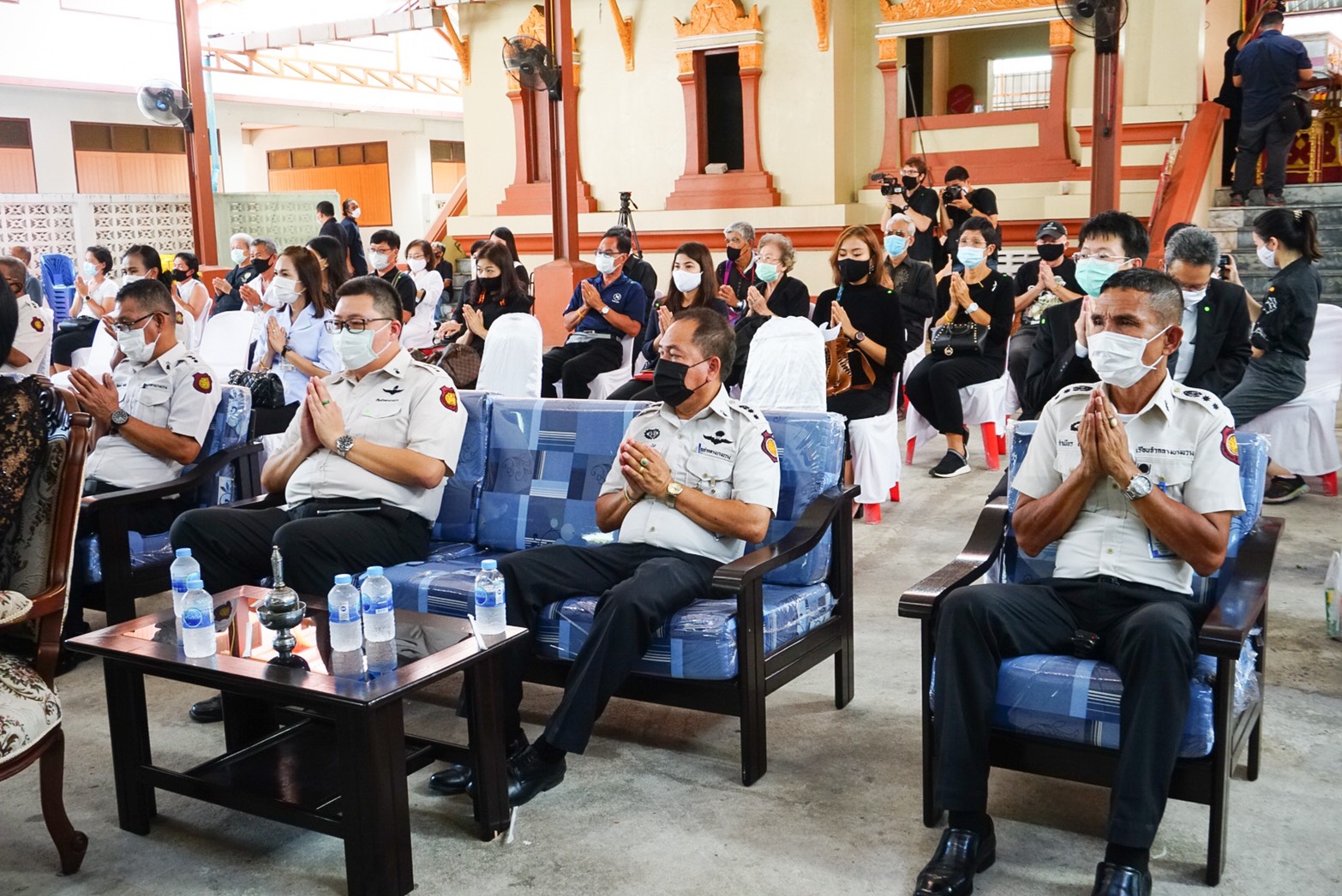

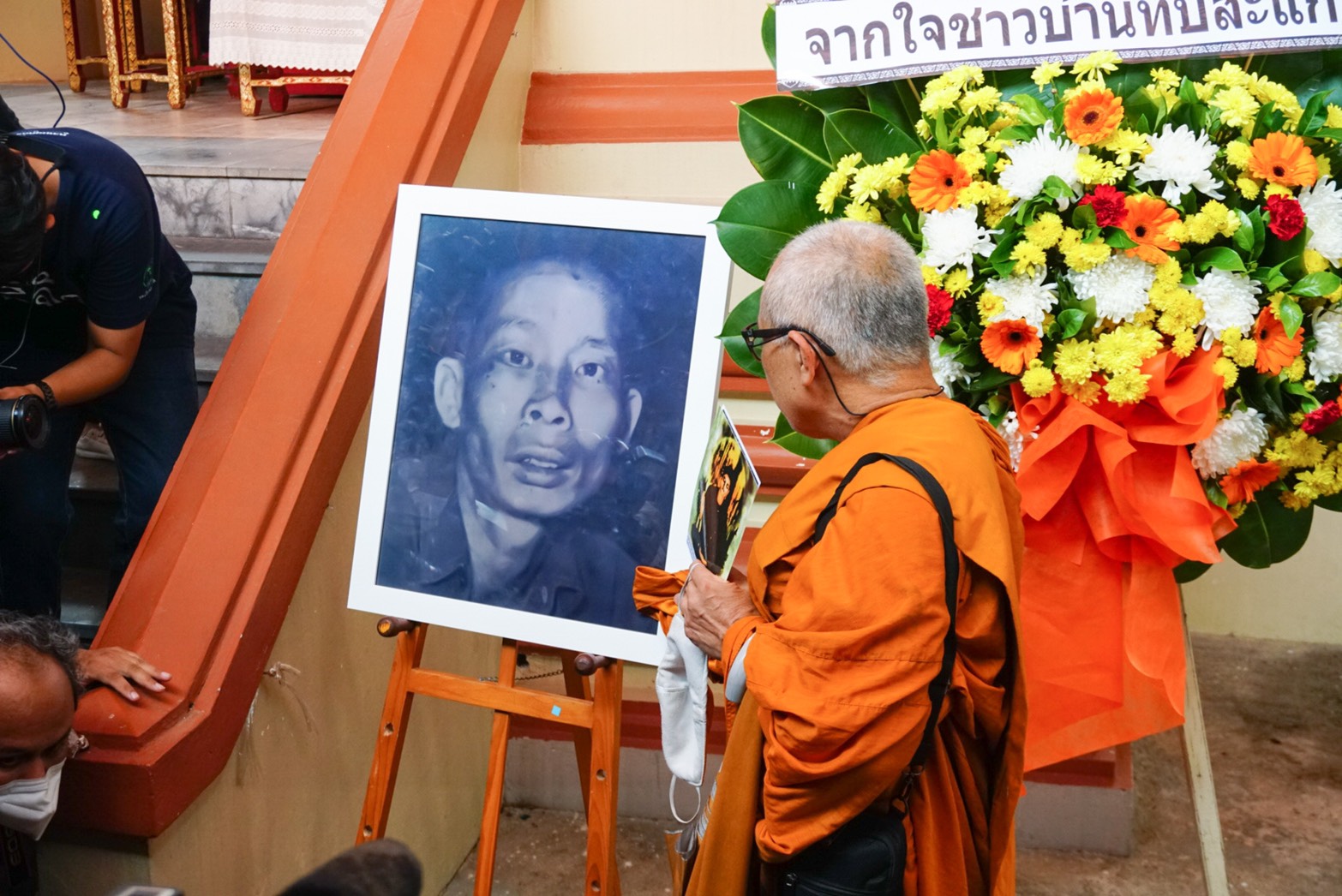

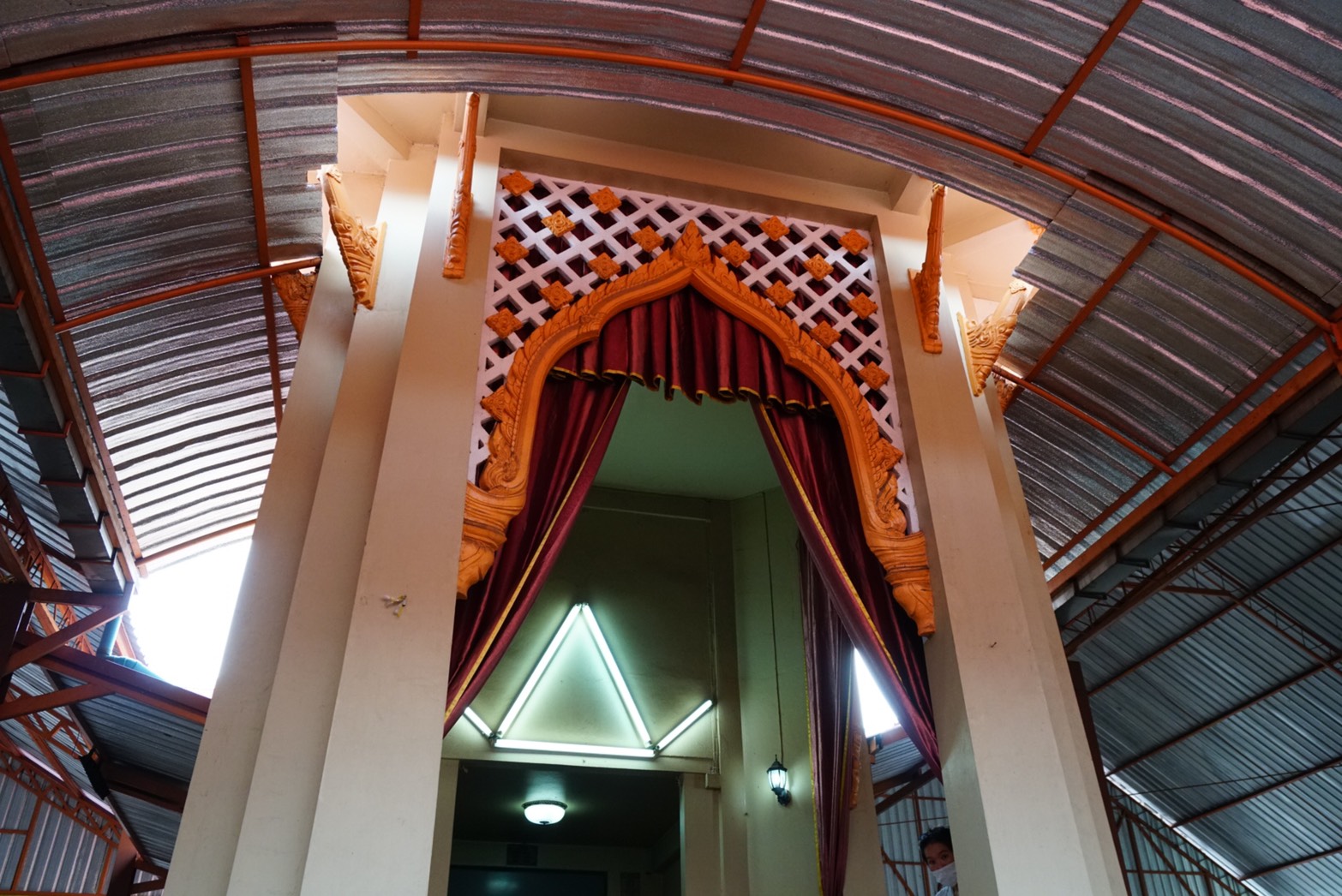

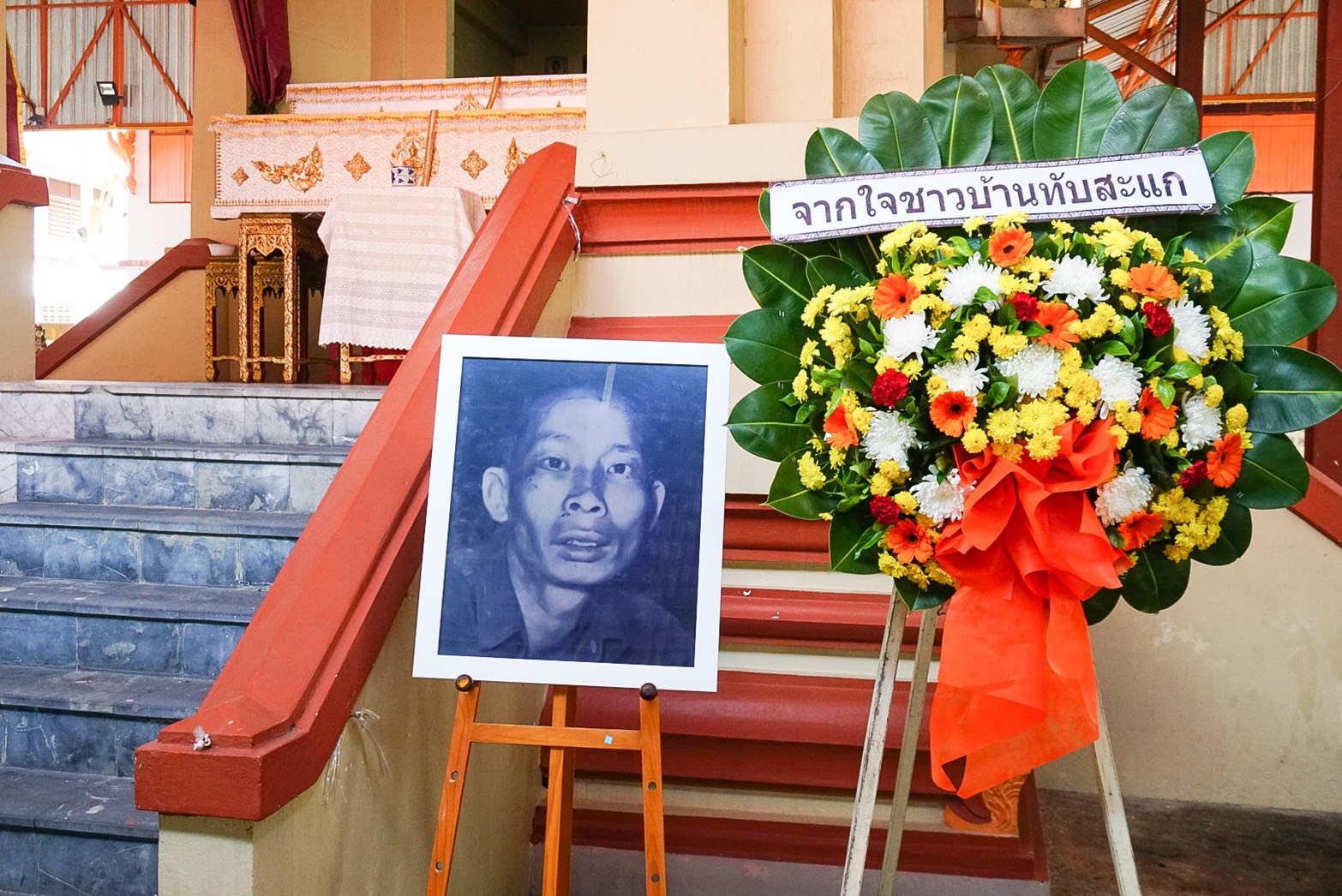




Reader Interactions